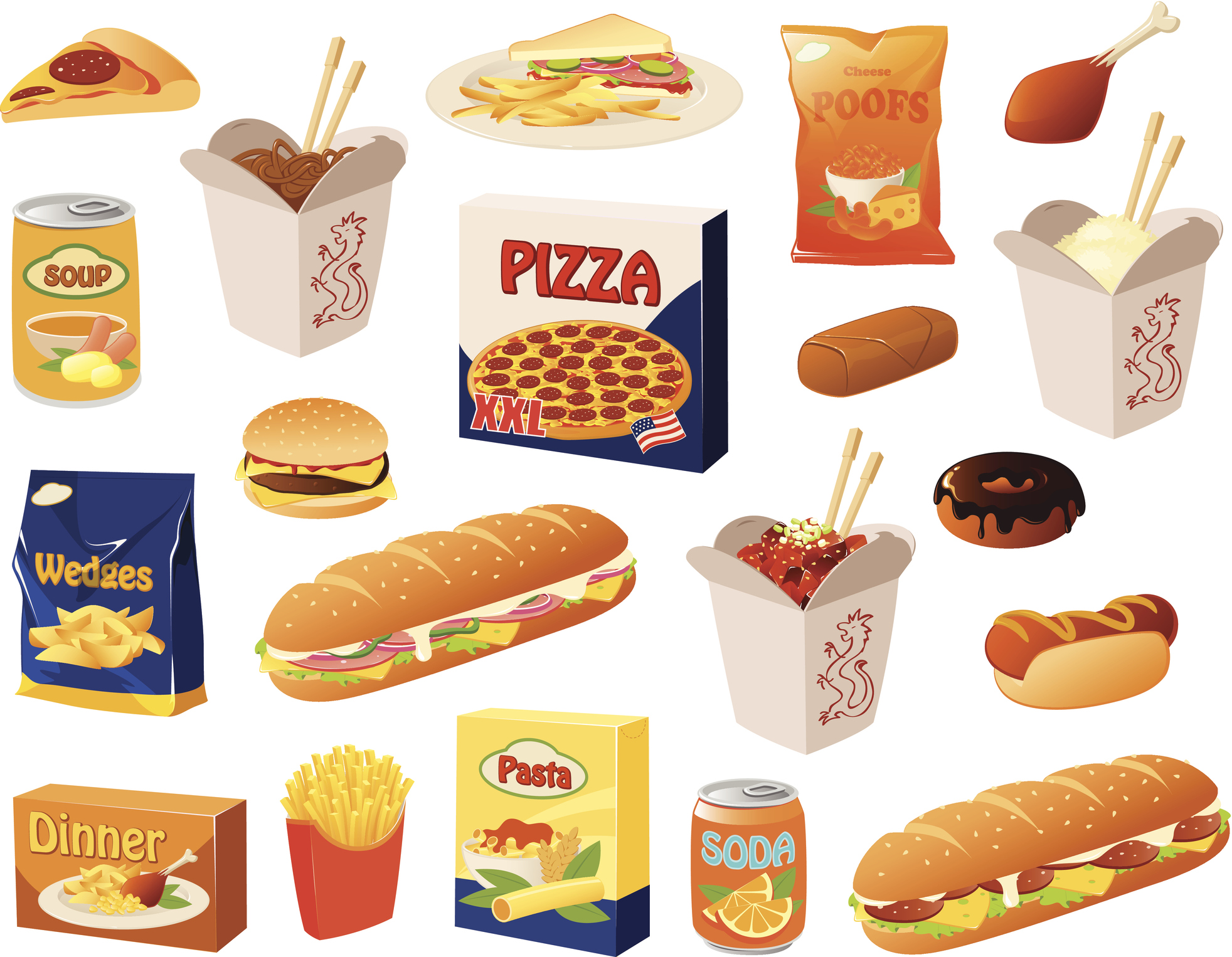As many people discovered living under stay-at-home orders during the coronavirus pandemic, social interaction is an essential component of good mental health. Exercise, natural sunlight, and diet are also fundamental to promoting overall well-being; avoiding processed foods can support not only good physical health but new research links a diet high in ultra-processed foods with worse mental health.
According to a recent CTV News Health report, people who eat highly processed meals made from little to no whole foods have greater anxiety and more “mentally unhealthy days”. Ultra-processed (UPF) foods are created industrially using oils, fats, sugars, starches, and protein isolates. We know these cheap and convenient foods do not support good physical health. Now, a new large-scale study of more than 10,000 U.S. adults has been able to measure the connection between UPF consumption and mental health symptoms.
When compared with people who ate a diet with little to no ultra-processed foods, those who consumed the most were more likely to report having frequent to constant mentally unhealthy or anxious days. A 2017 study by the University of Montreal found that nearly half of Canadians consume their daily calories from a diet of ultra-processed foods. In the U.S., more than 70 percent of packaged foods are considered ultra-processed and reflect about 60 percent of the American diet.
Although processed foods are convenient and inexpensive, they often are also high in sodium, and sugar, and contain preservatives and other artificial ingredients. To eat a more nutritious and healthy diet, people can start by limiting sugary drinks in favor of water or unsweetened tea, and cutting out packaged chips, crackers, and baked goods, and eating more fruits, vegetables, nuts, whole grains, lean protein, and low-fat dairy. By shopping the perimeter of the grocery store, or at local farmers’ markets, and cooking simple meals from whole ingredients, families can start to regain both their physical and mental good health. Learn more about healthy eating by following this link to Canada’s Food Guide Healthy Eating Resources.






Add Your Voice
0 Comments
Join the Discussion